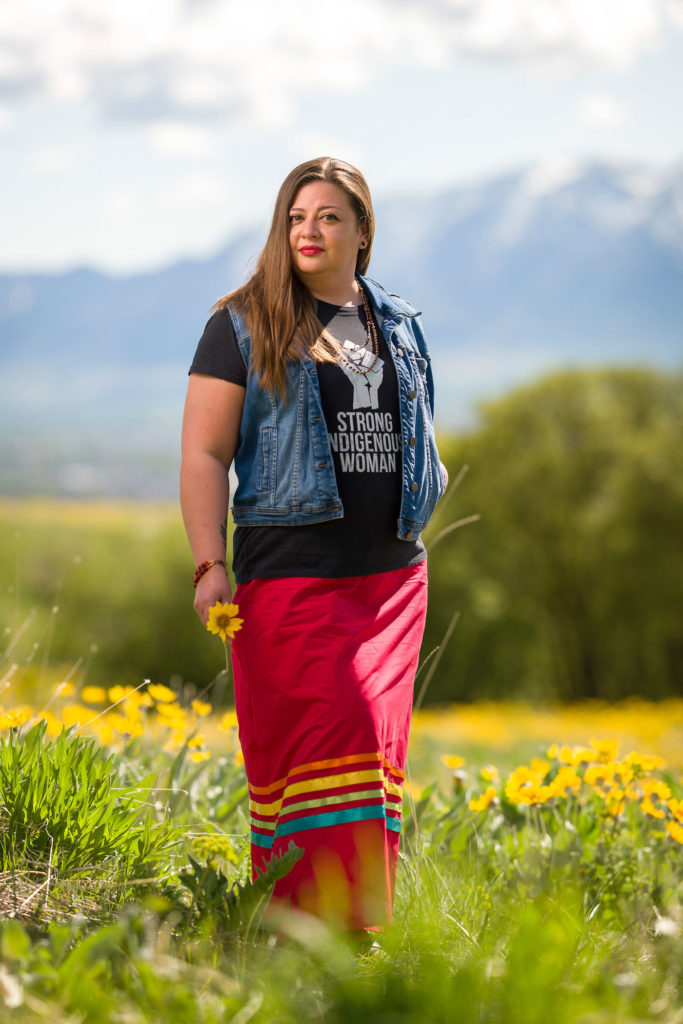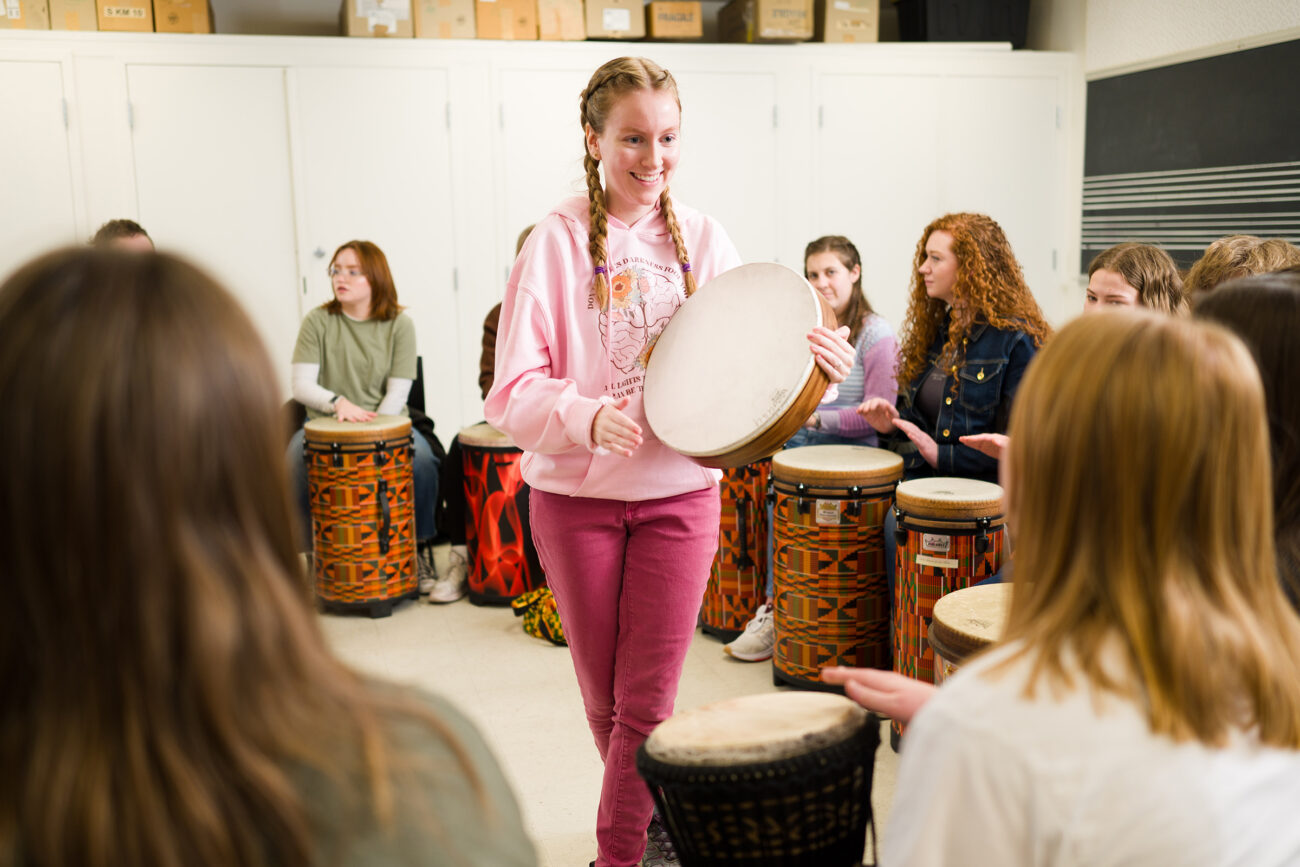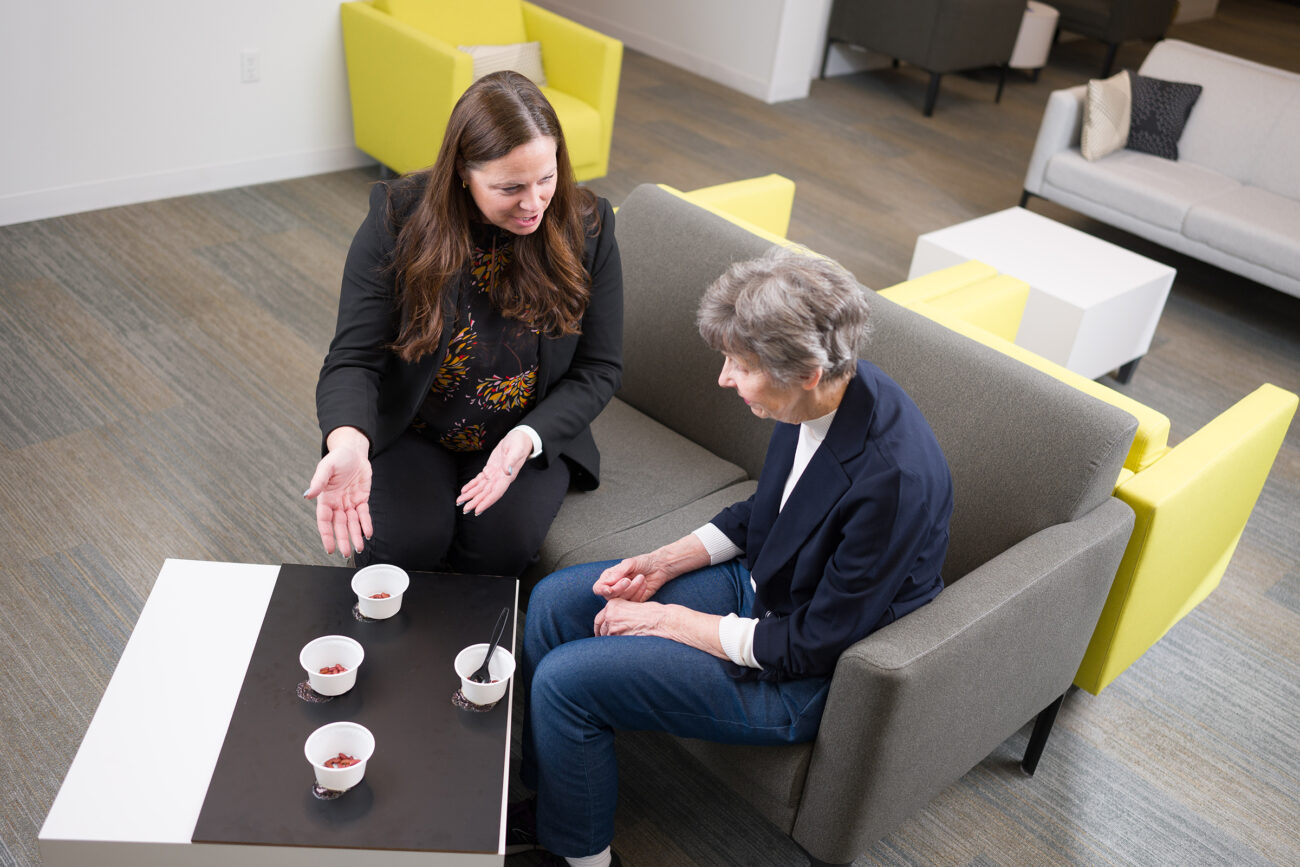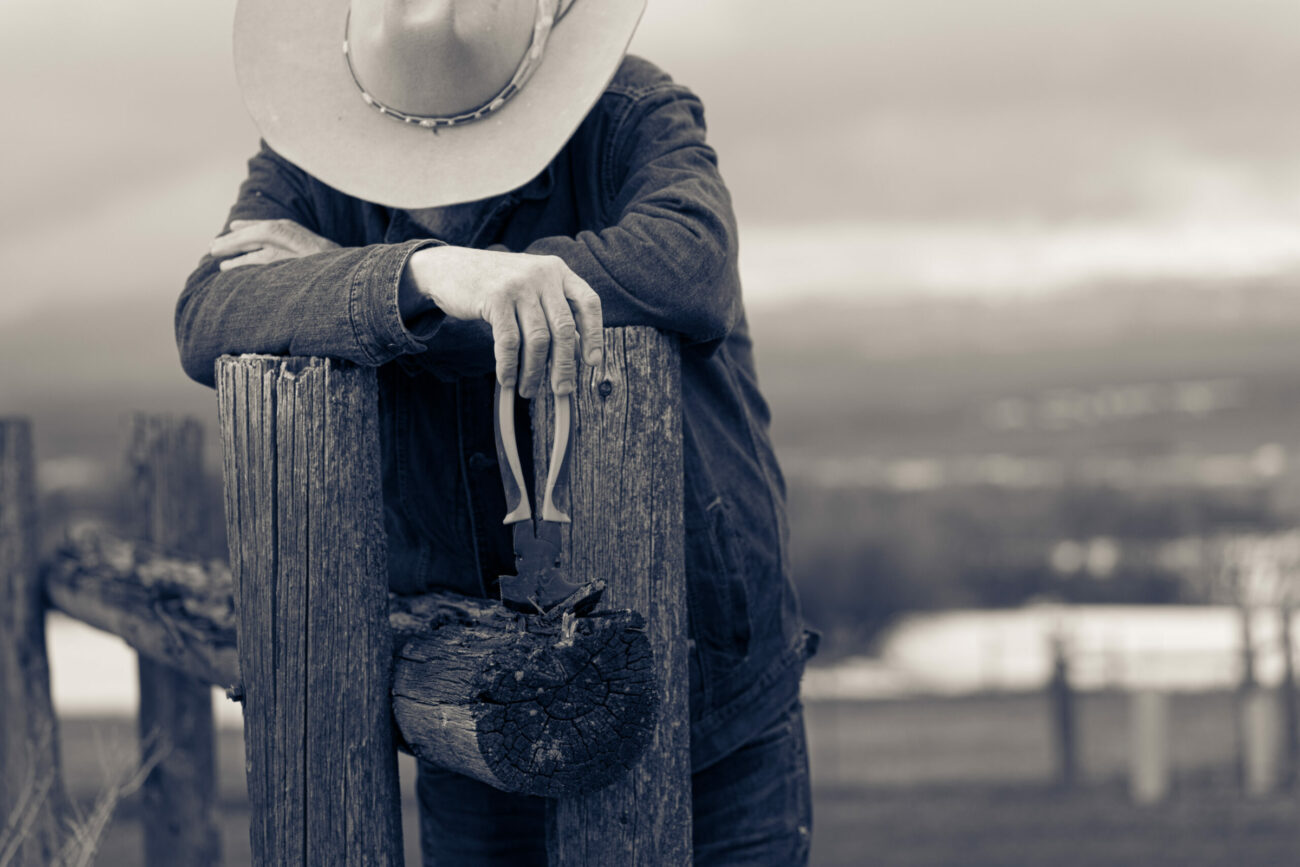Snapshots in Belonging: Rooted In Hope
Throughout her work with Indigenous populations, Devon Isaacs has seen her fair share of difficult circumstances.
As a member of the Cherokee Nation of Oklahoma, Isaacs understands the challenges American Indian populations face, such as high suicide rates, opioid and other substance abuse, and limited educational opportunities.
But Isaacs has also seen unparalleled resilience and determination to push forward—a strength deeply rooted in hope. Witnessing this hope set Isaacs on a path through new territory that emphasizes the power and identity of Indigenous peoples in academia.

Isaacs graduated with a bachelor’s in psychology from Northeastern State University, after which she completed a fellowship at the Seven Generations Center of Excellence in Native American Behavioral Health at the University of North Dakota. There she embarked on a suicide prevention project with rural tribal youth in a Northern Plains reservation. The study was called Wac’inyeya, which means “strong youth” in Lakota. Rather than seeking to define the external problems these youth face, the study emphasized sources of strength, hope, and resilience in the face of adversity.
“This study on hope identified a common thread that ties everything together,” Isaacs says. “There is a need for belonging, and there are opportunities to look to others to find reasons to persevere.”
This emphasis on strength and belonging has been a key part of Isaacs’ research pursuits. In the summer of that same year, Isaacs attended her first Society of Indian Psychologists (SIP) conference at Utah State University and fell in love with SIP’s mission to promote awareness of Native American issues. Isaacs sought a mentor who understood Native American ways of knowing and being in the world, and she quickly formed a connection with Melissa Tehee, an assistant professor in psychology at USU.
When Isaacs joined USU, she found more mentors and collaborators to expand her sense of belonging in academia. “I couldn’t do this work without our allies,” she says. “They bring Indigenous knowledge to the forefront, not by speaking for me, but by inviting me to the table and wanting to hear what I have to say.”
Now in her fifth year at USU, Isaacs works with many Indigenous college students and understands who they are. Coming to USU is a big step for many Native American students; they can find themselves feeling unmoored in an educational framework that often conflicts with their culture, identity, and way of learning. Rather than focus on how students should change to better perform, Isaacs wants to “disrupt the narrative” and discuss how systems and institutions can shift to allow places for Indigenous knowledge to thrive.
“Belonging really comes when you can fully be yourself as a cultural person through your relationships and community,” she says. “In my own experience in higher education, having a support group that understood me and allowed me to be myself helped me re-center my identity and appreciate it, bringing all the pieces of myself together. I want that for other students.”





